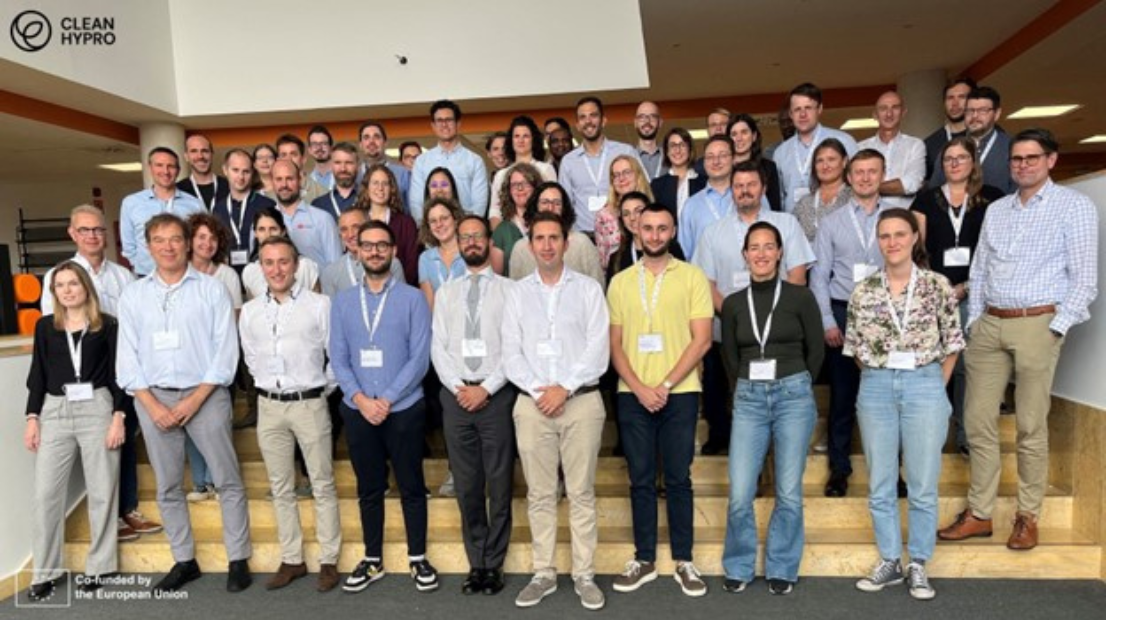CLEANHYPRO is the largest European R&D initiative in electrolysers, designed to push the boundaries of clean hydrogen production, and is poised to become the first Open Innovation Test Bed (OITB) for hydrogen. CLEANHYPRO boasts a total budget of €13.77 million, with €11.72 million in funding support, allowing it to make a significant difference over the next four years of the project duration.
CLEANHYPRO’s primary mission is to spearhead innovation in electrolysis technologies and materials, bringing these innovations closer to the market. As the largest project of its kind in Europe, it assembles an elite team of experts to drive advancements in clean hydrogen production.
The project’s 28 partners collaborate to create a platform offering multidisciplinary services to companies. These services will not only assist in developing cutting-edge electrolysis technologies but also cover critical areas such as characterization, modeling, regulation, and business model activities.
Within CLEANHYPRO, researchers from the Nanoionics and Fuel Cells group at IREC are responsible of the high temperature electrolysis manufacturing pilot line (including Albert Tarancón, Marc Torrell, Antonio Maria Asensio and Lucile Bernadet).
The CLEANHYPRO project officially took off with a successful kick-off meeting held on October 16th and 17th in San Sebastian, Spain. Hosted at the premises of project coordinator – TECNALIA, the meeting marked the beginning of a transformative journey in clean hydrogen production. The meeting allowed the partners to share insights into the project’s vision, goals, and strategies. It served as a launchpad for the project’s mission to reshape the future of sustainable energy.
The updates, achievements, and collaborations will be shared in social media (LinkedIn) and the website (www.cleanhypro.eu, coming soon).
Funded by the European Union. Views and opinions expressed are however those of the author(s) only and do not necessarily reflect those of the European Union or HADEA. Neither the European Union nor the granting authority can be held responsible for them.




